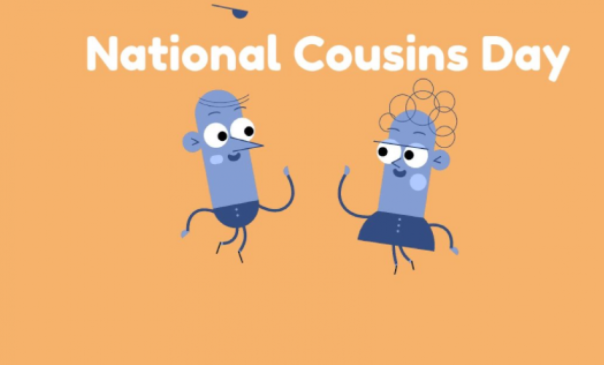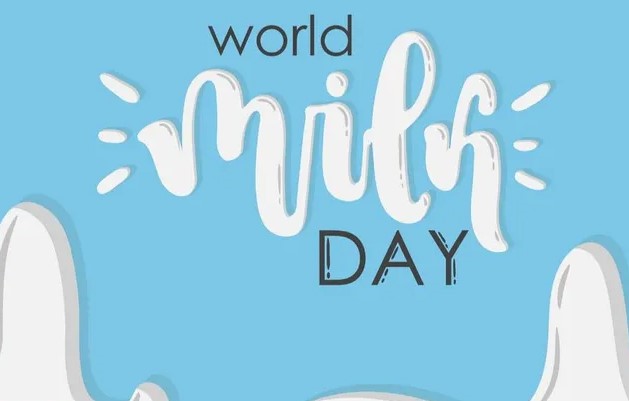President Day 2025: Theme, Significance, and Celebrations

Presidents’ Day is a significant American holiday that honors the legacy and leadership of the nation’s presidents, particularly George Washington and Abraham Lincoln. Celebrated on the third Monday of February, Presidents’ Day in 2025 will fall on February 17. Each year, the holiday is an opportunity to reflect on the contributions of past leaders and their influence on the United States’ history and governance. The theme for Presidents’ Day 2025 aims to highlight the principles of unity, democracy, and leadership, emphasizing how these ideals continue to shape the country.
The theme of Presidents’ Day 2025: “Leadership in Times of Change” For 2025, the theme “Leadership in Times of Change” has been chosen to recognize how American presidents have guided the nation through critical transformations. This theme is particularly relevant in an era of rapid technological advancement, political shifts, and global challenges. It seeks to inspire citizens by looking at the resilience and decision-making of past presidents during times of upheaval.
Historical Background of Presidents’ Day Presidents’ Day originated as a day to honor George Washington, the first president of the United States, whose birthday falls on February 22. It was initially established in 1885 as a federal holiday. Over time, the day evolved to recognize not only Washington but also Abraham Lincoln, whose birthday is on February 12, as well as all U.S. presidents who have contributed to the nation’s progress. The Uniform Monday Holiday Act of 1971 officially moved the holiday to the third Monday of February to provide workers with a long weekend.
Significance of the 2025 Theme The theme “Leadership in Times of Change” underscores the challenges and opportunities that American presidents have faced throughout history. From Washington’s role in shaping the young republic to Franklin D. Roosevelt’s leadership during the Great Depression and World War II, and more recently, leaders navigating the digital revolution, healthcare crises, and international relations, each president has had to adapt to changing circumstances. This theme encourages Americans to reflect on the qualities of great leadership, such as integrity, vision, and resilience.
How Presidents’ Day 2025 Will Be Celebrated The holiday is observed in various ways across the country, with schools, museums, and civic organizations hosting events to educate people about presidential history. Some key celebrations include:
- Educational Programs – Schools and universities will organize lectures, debates, and discussions about the impact of past presidents and what effective leadership entails.
- Historical Reenactments and Exhibitions – Museums such as Mount Vernon (Washington’s home) and the Abraham Lincoln Presidential Library will hold special exhibits highlighting key moments in presidential history.
- Public Ceremonies and Parades – Many cities will host parades featuring patriotic displays, speeches, and performances honoring past and present leaders.
- Community Service Initiatives – Given the focus on leadership, many organizations will encourage acts of civic duty, such as volunteering and charity drives.
- Digital Engagement – In the modern era, Presidents’ Day celebrations have expanded to digital platforms, with social media campaigns sharing presidential quotes, historical facts, and virtual tours of significant sites.
Lessons from Past Presidents in Times of Change The theme for 2025 is particularly timely, considering the modern challenges of economic shifts, environmental concerns, and evolving global relations. Looking at historical examples, we can draw key lessons:
- George Washington (1789-1797): He set many precedents for the presidency, including the two-term tradition and the peaceful transfer of power, ensuring stability in the nation’s early years.
- Abraham Lincoln (1861-1865): His leadership during the Civil War and efforts to abolish slavery demonstrated resilience and moral courage in times of division.
- Franklin D. Roosevelt (1933-1945): He led the nation through economic hardship and global conflict, implementing the New Deal to revive the economy and strengthening international alliances.
- John F. Kennedy (1961-1963): His handling of the Cuban Missile Crisis and push for the space race exemplified decisive leadership in global affairs.
- Barack Obama (2009-2017): He navigated the Great Recession and championed healthcare reforms, emphasizing unity and progress.
Presidents’ Day and Its Reflection on Modern Leadership In an era where political landscapes are increasingly complex, Presidents’ Day 2025 serves as a moment to reflect on the qualities that make a great leader. The ability to navigate change, foster unity, and make decisions that benefit the nation in the long term are crucial elements of leadership.




